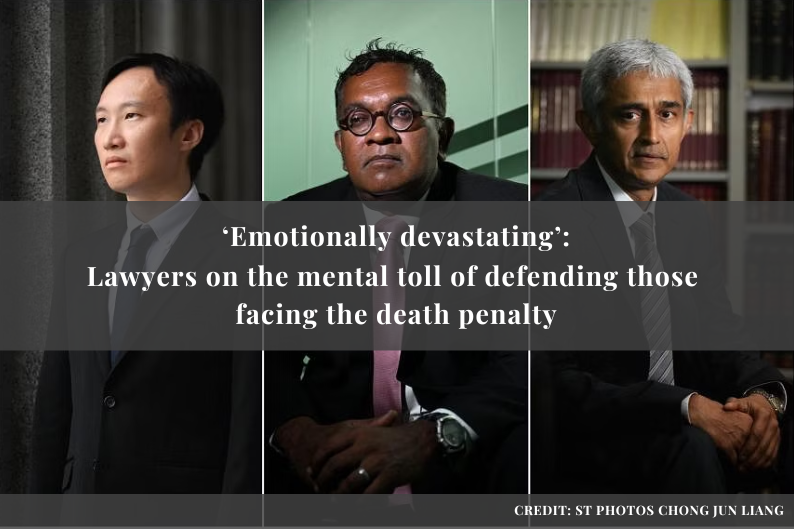Singapore Criminal Lawyers’ views on the necessity of amendments to MDA
Senior Criminal Defence Lawyers in Singapore were approached for comments
1. The concept of “wilful blindness”
In the wake of the recent Court of Appeal decision in Adili Chibuike Ejike v Public Prosecutor [2019] SGCA 38 in relation to how the concept of “wilful blindness” should apply to persons accused of drug trafficking, a question was posed in Parliament on 8 July 2019 as to whether the government should make any amendments to the present legislation.
2. Adili Chibuike Ejike v Public Prosecutor [2019] SGCA 38
In brief, Mr Adili Chibuike Ejike (“Adili”) travelled to Singapore from Nigeria, with a small suitcase of which was later found to contain drugs.
Mr Adili claimed that an acquaintance in Nigeria had agreed to give him financial assistance provided that Adili delivered the suitcase together with some cash to an unspecified person in Singapore. At all time, Adili maintained that he did not know the packages of methamphetamine were in the suitcase.
Mr Adili was acquitted of drug trafficking after the Court of Appeal found that he had not known that there were drugs in his suitcase.
3. Eugene comments in TodayOnline
TODAY approached two senior criminal lawyers in Singapore for their views, and both opined that the said decision, in and of itself, was not sufficient or good reason to do so.
Ramesh Tiwary:
Presumptions are not evidence … so I don’t think we need to load more presumptions into the (Act) when we are faced with capital punishment. You don’t want to hang somebody when you are not sure that a person actually should have known that there are drugs (in his possession).
In Eugene Thuraisingam’s earlier commentary with The Straits Times on the seminal decision on presumption of possession by the Court of Appeal, Eugene explained that if the prosecutors accept that the accused did not actually know the thing he possessed contained drug, then there would be no basis for the presumption of possession to apply against him.
In TODAY’s article, Eugene Thuraisingam said:
[Adili’s case] stands for a very simple proposition. If on the one hand, the prosecution makes an important concession in that they accepted that the person did not know there were drugs in the bag … they cannot then go on to rely on the presumption (that he did). That would be logically inconsistent. So the issue really is the concession made by the Prosecution.







